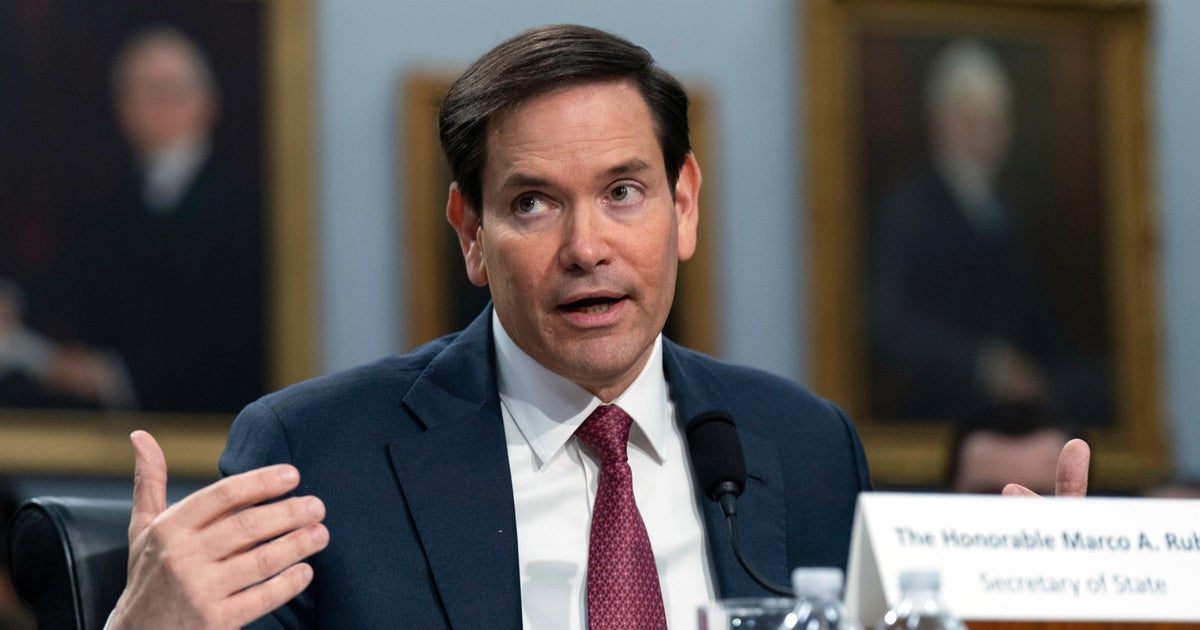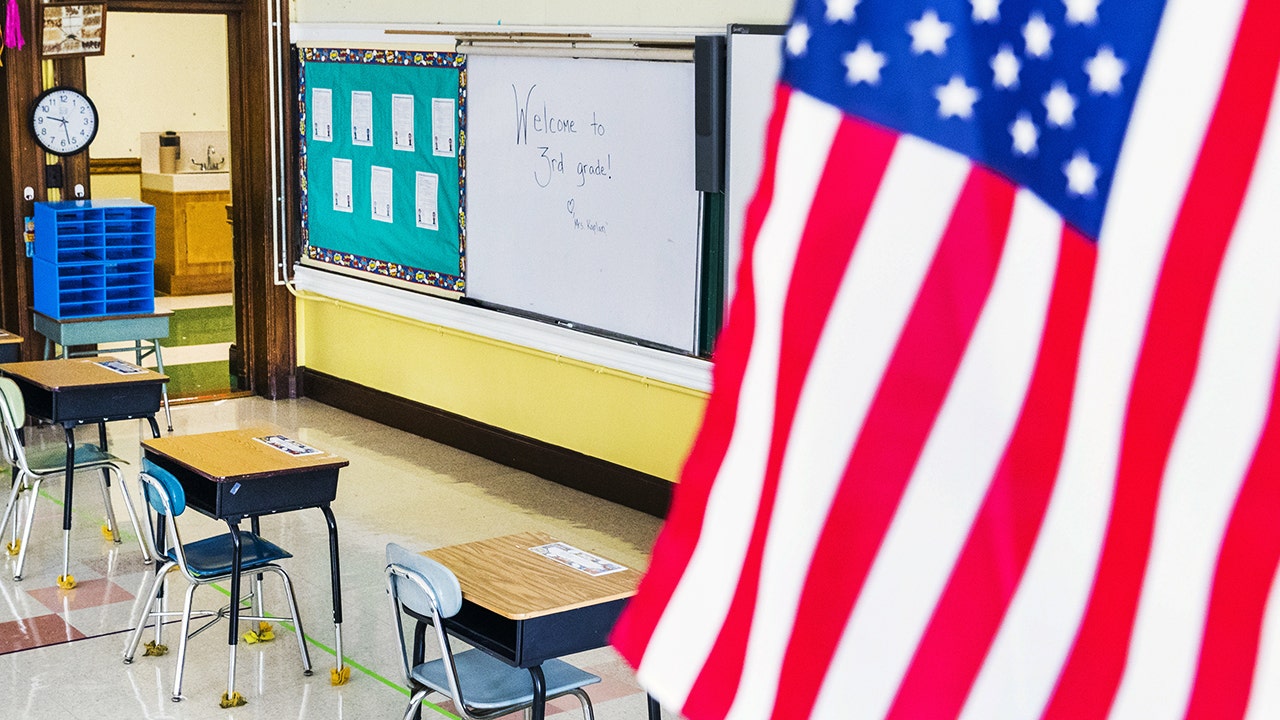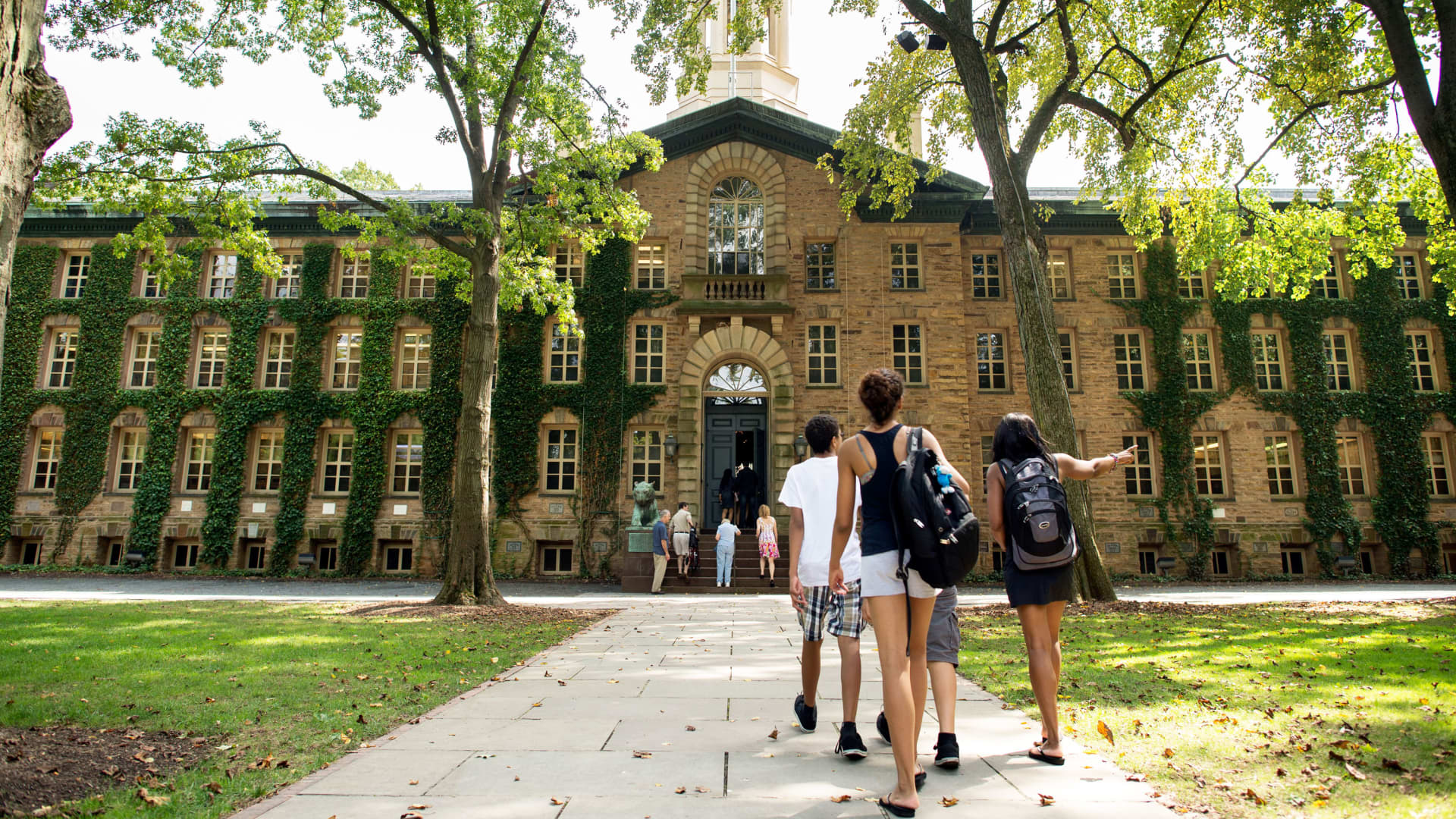Understanding the Trump Administration’s Student Visa Decision
The recent announcement by the Trump administration to suspend student visa appointments has sparked significant concerns regarding the future of international students in the United States. This decision, coupled with a potential shift towards more extensive social media vetting of applicants, raises critical questions about educational exchanges and the accessibility of U.S. institutions for foreign learners.
The Context of the Decision
In the wake of ongoing debates about immigration policies, the Trump administration’s decision appears to be an extension of its broader strategy to tighten immigration controls. The suspension of student visa appointments is seen as a direct response to fears about national security and the integrity of the U.S. education system. However, the implications of this move extend far beyond mere administrative adjustments.
Impact on International Students
International students contribute significantly to the U.S. economy, both through tuition fees and local spending. According to a report from the Institute of International Education, international students contributed approximately $45 billion to the U.S. economy in 2019. The suspension of student visa appointments could deter prospective students from applying, leading to a decline in enrollment at U.S. colleges and universities.
Furthermore, the heightened scrutiny on social media could create a chilling effect on potential applicants. Many students may feel reluctant to share their online presence, fearing that their opinions or affiliations could jeopardize their chances of obtaining a visa.
Social Media Vetting: A New Frontier
The prospect of increased social media vetting marks a significant shift in the way immigration authorities assess applicants. Traditionally, visa processes have focused on academic credentials and financial stability. However, the Trump administration’s approach indicates a move towards evaluating an applicant’s online footprint.
- Privacy Concerns: The introduction of social media vetting raises serious questions about privacy rights. Applicants may be required to disclose their social media accounts, leading to potential invasions of privacy.
- Bias in Assessment: There is also the risk of bias in how social media content is interpreted. Posts taken out of context could unfairly impact an applicant’s chances.
- Global Comparisons: Other countries are also considering similar measures, but the U.S. would be among the first to implement such extensive vetting for student visas.
Future of Educational Exchanges
The implications of this decision could reverberate throughout the educational landscape in the U.S. Universities and colleges may find it increasingly difficult to attract and retain international talent. This could ultimately impact the diversity of campuses and the richness of cultural exchanges.
Moreover, the perception of the U.S. as a welcoming destination for education may be tarnished. If prospective students view the U.S. as a place where their freedoms and privacy are compromised, they may seek educational opportunities elsewhere.
Political and Social Reactions
The political landscape is divided on this issue. Proponents of stricter immigration policies argue that these measures are necessary for national security. Conversely, many educators and advocates for international students are concerned about the long-term damage to the U.S. educational system and its global standing.
Several organizations, including the American Council on Education, have voiced their opposition to the proposed changes. They argue that the U.S. must remain competitive in attracting the best and brightest global talent.
Looking Ahead: What Does This Mean for the Future?
As the Trump administration’s policies continue to evolve, the future of international students in the U.S. remains uncertain. If the current trajectory continues, we could see a significant decline in international enrollment, which would have lasting repercussions for U.S. higher education.
Furthermore, the potential normalization of social media vetting in immigration processes could set a precedent that other countries might follow, leading to a global shift in how international students are assessed.
Conclusion
In conclusion, the suspension of student visa appointments and the potential for increased social media scrutiny represents a profound shift in U.S. immigration policy. The implications of these changes extend beyond administrative processes; they threaten the very fabric of educational exchanges and the diversity that international students bring to American campuses.
As stakeholders in the educational sector, it is crucial to advocate for policies that promote inclusivity and protect the rights of international students. Engagement with policymakers and active participation in discussions about immigration reform can help shape a future where the U.S. remains a leader in global education.
Take action now: Share your thoughts on this issue with your local representatives and advocate for the importance of international education!
See more TED Talks World



